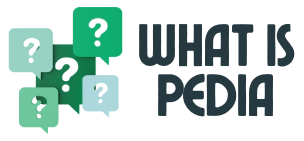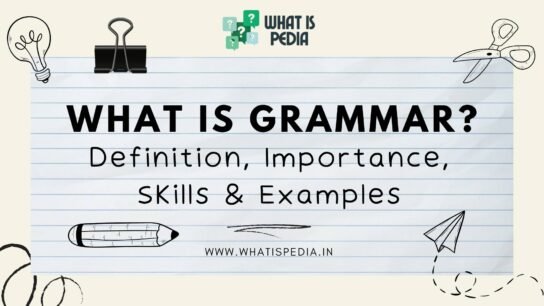Vocabulary is the collection of words that a person knows and uses in communication. It plays a fundamental role in language learning, comprehension, and expression. A strong vocab enhances reading, writing, listening, and speaking skills, making communication more effective and precise.
Types of Vocabulary
Vocab can be categorized into different types based on usage and learning processes:
- Reading Vocabulary: Words that a person recognizes while reading.
- Listening Vocabulary: Words understood when heard in conversation or media.
- Speaking Vocabulary: Words actively used in verbal communication.
- Writing Vocabulary: Words employed in written communication.
- Receptive Vocabulary: Words that are understood but not frequently used.
- Productive Vocabulary: Words actively used in speech and writing.
Why is Vocabulary Important?
A well-developed vocab is crucial for effective communication and academic success. Here are some key reasons why vocab is essential:
-
Enhances Communication: Using the right words makes it easier to express thoughts clearly.
- Improves Reading Comprehension: A rich vocab helps in understanding complex texts.
- Boosts Writing Skills: Good vocab choices make writing more engaging and impactful.
- Aids in Language Learning: Mastering vocab is a significant step in acquiring a new language.
-
Strengthens Confidence: A broad vocab allows for more fluent and confident conversations.
How to Build Vocabulary?
Expanding vocabulary requires consistent effort and effective strategies. Here are some practical ways to improve vocab:
1. Read Regularly
Reading books, articles, and online content exposes learners to new words in different contexts. This method helps in understanding word meanings and usage naturally.
2. Use a Dictionary and Thesaurus
Checking the definitions, synonyms, and antonyms of unfamiliar words strengthens vocab knowledge. Online dictionaries also provide pronunciation and example sentences for better understanding.
3. Engage in Conversations
Speaking with others, especially in a language-rich environment, helps reinforce new words and improves retention.
4. Practice Writing
Keeping a journal, writing essays, or even composing social media posts using new words enhances writing vocab.
5. Play Word Games
Games like Scrabble, crossword puzzles, and word association activities make learning fun and interactive.
6. Learn a Word a Day
Adding one new word daily to your vocab and using it in different sentences reinforces memory.
Common Vocabulary Learning Techniques
Different learning techniques help individuals grasp new words effectively. Some of the widely used methods include:
-
Mnemonic Devices: Associating words with images or stories makes them easier to remember.
- Flashcards: Using flashcards with words and meanings aids quick recall.
- Contextual Learning: Learning words in sentences rather than in isolation improves comprehension.
- Repetition: Regularly reviewing new words ensures long-term retention.
-
Grouping Words: Categorizing words based on themes or topics helps in systematic learning.
Conclusion
It is the foundation of effective communication and language mastery. By consistently learning new words, practicing their usage, and applying effective learning techniques, anyone can expand their vocab effortlessly. Whether for academic growth, career advancement, or personal development, a strong vocabulary enhances overall language skills and confidence in communication. Visit whatispedia.in for more insights on vocabulary and language learning.





